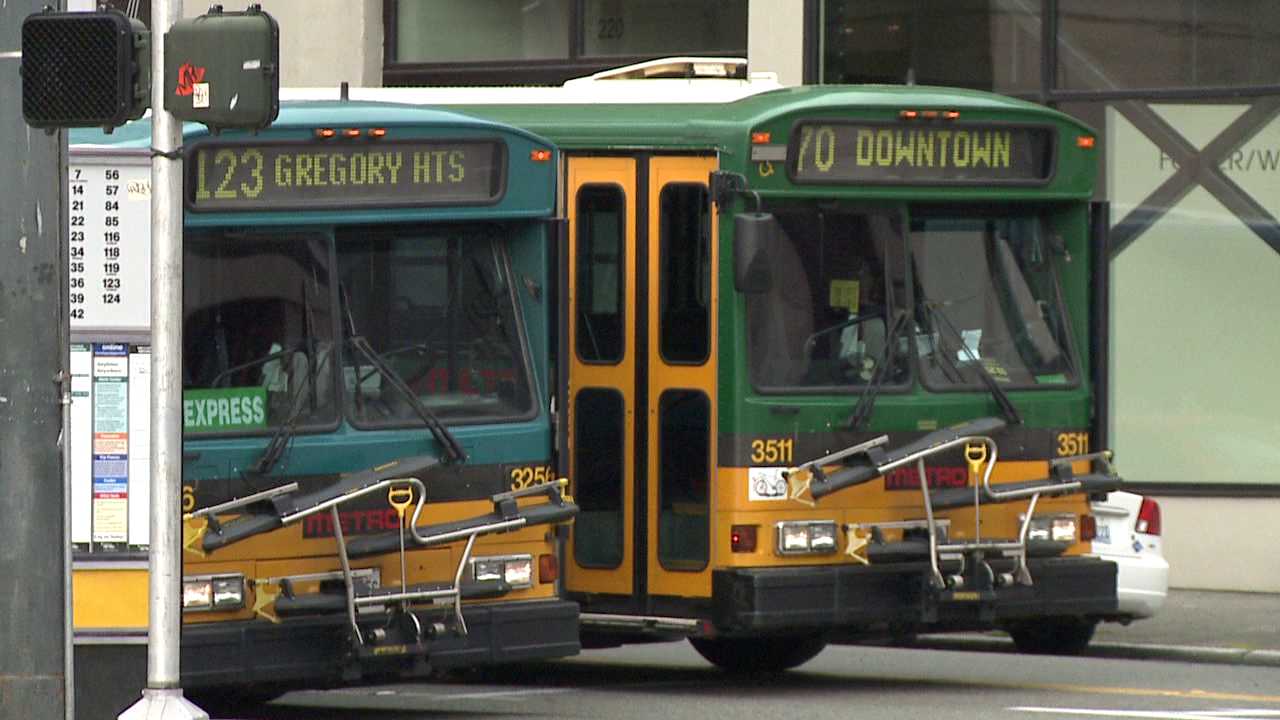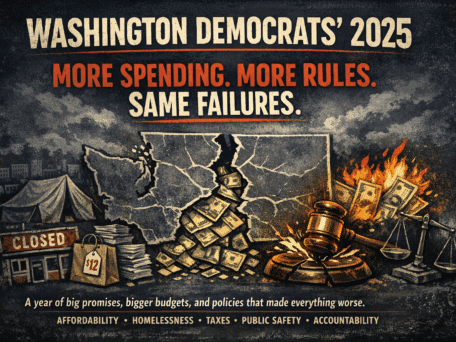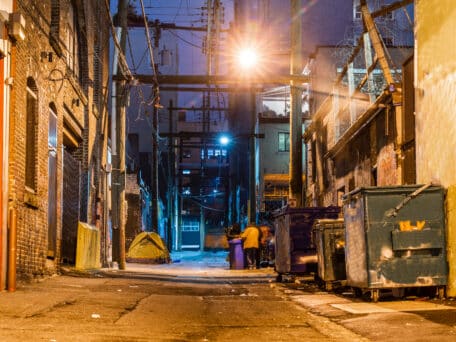Last year, liberals made a lot of claims about what would happen if voters rejected Proposition 1, county leaders’ “proposal to increase regressive sales taxes and to raise car tab fees by $60” in order to pay for King County Metro services they say would be cut if the measure wasn’t approved. After voters overwhelmingly rejected Prop 1, King County Executive Dow Constantine threatened to “cut 16 percent of Metro bus service.” And, Seattle Mayor Ed Murray “proposed his own tax-increase plan” to prevent what he called a “crisis for 50,000 riders on transit.”
During the campaign, Prop 1 supporters relied on scare tactics to make their point. Via the Washington Policy Center,
“King County Councilmember Larry Phillips warned the planned cuts would have dreadful effects. He said their own planned bus cuts would ‘harm low-wage workers’ and ‘increase traffic congestion, damage our economic competiveness, diminish mobility options for seniors, youth and people with disabilities, and hurt our environment.’
“Seattle City Councilmember Kshama Sawant said cutting bus service would ‘disproportionately affect low-wage workers, the elderly, the disabled, and people of color.’
“Ken Michelson, the Director for the Alliance for People with Disabilities cautioned, ‘People could literally die without transit to access food, and go to needed doctor appointments.’”
One year after voters rejected Prop 1, based on the nature of the claims, one would expect sky-is-falling consequences. But, that’s not the case. Washington Policy Center,
“Finding: Devastating bus cuts did not happen – Metro became more efficient and gained ridership without increasing regressive taxes
Despite the claims by public officials that “there are no other options but to cut service,” King County Councilmembers canceled their promised bus cuts. By finding efficiencies and better managing rising revenues at current tax rates, the Council preserved 95 percent of bus service and made the bus system more efficient. Metro Transit is now on-pace to grow ridership even higher this year, despite claims from Metro representatives that without Proposition 1’s regressive tax increases, Metro would lose “an unprecedented 14 million rides annually” due to service cuts.
“Finding: Low-income families benefited the most from Proposition 1’s failure
Low-income families actually benefited the most from the defeat of Proposition 1. Voters stopped King County officials from increasing the regressive tax burden on all working families, whether or not they ride the bus. In addition, low-income bus riders got a break at the farebox. They now pay a reduced-$1.50 per ride instead of the $3.25 peak two-zone fare. In fact, according to Metro’s survey released this month, new riders on Metro tended to be younger, have lower incomes and are more racially diverse than Metro’s “experienced” riders.
“Finding: Metro continues to see windfall profits without regressive tax increases
“Prior to the vote, Metro officials claimed a $60 million operating revenue shortfall resulted in the need to cut neighborhood bus service. However, in March of 2014, Washington Policy Center reported that Metro was actually receiving a $32 million sales tax windfall above budgeted estimates. Metro officials ultimately acknowledged the improved revenue picture; however, they only planned on receiving less than half of the additional revenue.
“Last year, Metro officials have collected record-breaking levels of tax revenue. Information released by King County last month reveals Metro received an even-higher $40 million tax windfall last year, and officials project six to seven percent growth this year. The new growth estimates show Metro will receive over half a billion dollars in sales tax revenue alone this year, all without raising regressive taxes.”
What is the lesson voters should learn from the claims made by liberals versus, well, reality? As the Washington Policy Center puts it, “When you hear public officials threaten to cut vital services if they don’t receive more tax money, it is likely the threats are exaggerated, and that tax revenue may be increasing anyway.”
Notice how that lesson could be applied to the budget debate going on in Olympia right now: Democrats claim tax hikes are necessary to pay for essential services, while Republicans point to the $3 billion in added revenue… and the balanced budget they produced without raising taxes.




